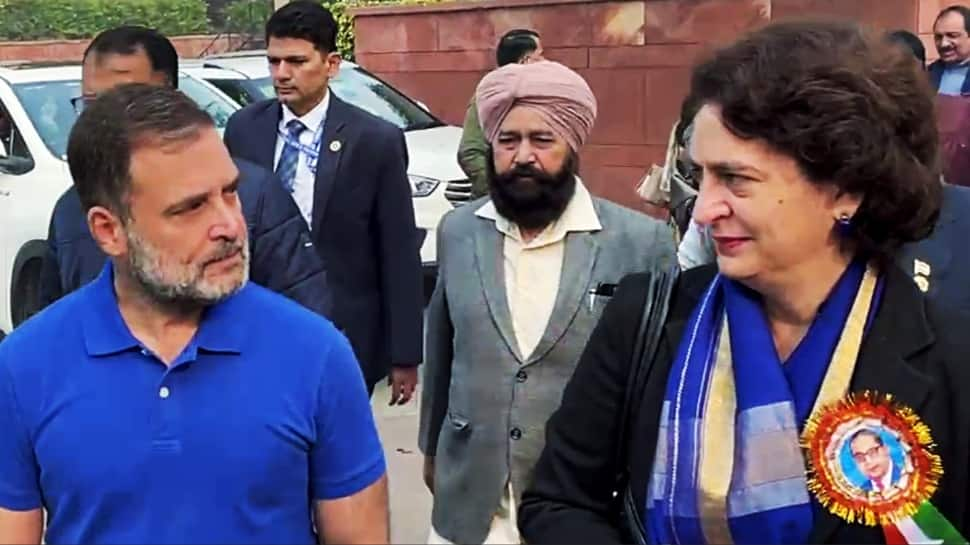 |
|
The Jammu and Kashmir unit of the Indian National Congress is escalating its protest against Union Home Minister Amit Shah, demanding his resignation and a public apology for comments made regarding B.R. Ambedkar in Parliament. This strong reaction underscores the deep-seated sensitivity surrounding Ambedkar, a pivotal figure in Indian history and the architect of the Indian Constitution. The Congress's assertion that Shah's remarks caused widespread outrage highlights the political ramifications of the statement and the party's strategic use of the incident to garner public support and criticize the ruling Bharatiya Janata Party (BJP). The planned "Ambedkar Samman March" in Jammu serves as a potent symbol of their ongoing campaign.
The Congress's decision to organize a nationwide protest, culminating in the march in Jammu, signals a calculated political move. By associating the protest with Ambedkar's legacy, the Congress seeks to garner support from a broad spectrum of the population, particularly those who identify with Ambedkar's social justice ideals. The use of the phrase "Ambedkar Samman March" is strategically chosen to evoke respect and reverence for Ambedkar, framing the protest within a respectful tribute while simultaneously leveraging the controversy surrounding Shah's words. The accusations levelled against Shah, including the claim that his remarks hurt national sentiments, are designed to heighten public pressure on the government and the Home Minister.
The silence of Prime Minister Narendra Modi, as highlighted by the Congress, is a significant point of contention. The party's criticism underscores the political implications of the perceived lack of response from the highest office in the country. The Congress frames the controversy as a reflection of the BJP's overall political ideology and intentions, further emphasizing the party's efforts to position itself as the champion of Ambedkar's legacy. The party's strategy appears to be one of both direct confrontation and strategic communication, using the incident to mobilize public opinion against the BJP and to reinforce its own commitment to social justice principles.
The Congress's reaction is not merely a localized protest; it's part of a larger political strategy aimed at capitalizing on the controversy to gain political mileage. By framing the issue around the legacy of Ambedkar, a universally respected figure in India, the Congress seeks to broaden its appeal and mobilize diverse segments of society. The choice of Jammu as the location of the march could also have strategic implications, potentially targeting a specific demographic or region. The protest reflects the ongoing political battle between the Congress and the BJP, highlighting the use of symbolic gestures and strategic communication in the Indian political landscape.
The broader implications of this controversy extend beyond the immediate political fallout. It highlights the importance of public discourse and the sensitivity surrounding historical figures and social justice movements in India. The event underscores the role of political parties in shaping public opinion and leveraging significant historical figures to further their own political agendas. The controversy also illustrates the intense scrutiny faced by high-ranking government officials in India and the power of public protests in influencing political discourse.
Source: Congress Announces 'Ambedkar Samman March' In Jammu To Echo Its Demand For Amit Shah's Resignation
